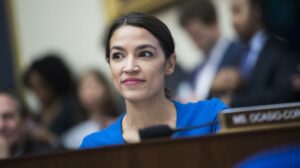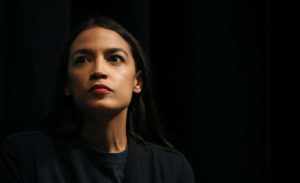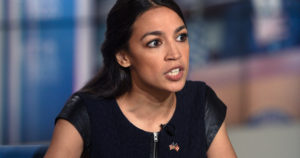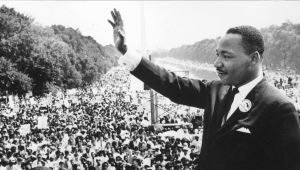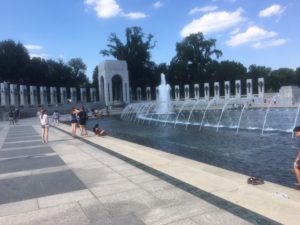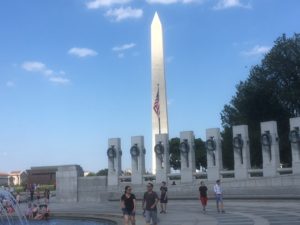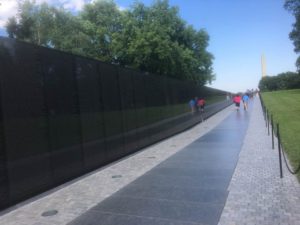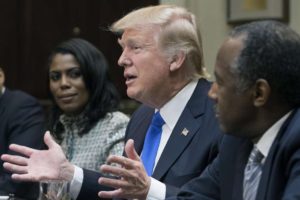I never really saw this one coming. I still find it strange.
Alexandria Ocasio-Cortez has become known the way JFK, LBJ, RFK, MLK have become known. Yep, she’s now referred to by her initials.
Here’s what I do not quite get: She is a freshman member of the U.S. House of Representatives, coming from New York City. She knocked off a long-time member of the House, Joseph Crowley, to become the Democratic Party nominee in 2018; given the district’s strong Democratic leanings, her election was a shoo-in later that year.
She has become a ubiquitous presence throughout the media. Newspapers give her plenty of space on their pages; cable and broadcast TV news outlets rush to get her to appear on their programs; I guess Fox News is the exception, given that the network doesn’t much cotton to her political leaning, nor does she to Fox’s leaning.
I’ll acknowledge, too, that this blog now refers to Rep. Ocasio-Cortez occasionally as “AOC.” Why? It’s easier for my rickety old fingers to type her initials than her entire name.
Man, the political calculus has changed. There once was a time when politicians needed years worth of seasoning to attain this kind of star status. By that I refer to the use of initials to ID them.
I get that there’s a certain form of musicality to the sound of some initials as you say them. The examples I cited at the top of this blog post symbolize to what I am referring. I suppose “AOC” does as well.
It’s not that necessarily believe Ocasio-Cortez is always wrong when she makes her public pronouncements. I just want her to grow a little bit more into the job she won before she becomes such a media force of nature.
Call me old-school. Or fuddy-duddy. Maybe even a grumpy old man.
I don’t care. I just prefer politicians to earn their way into this form of colloquial status.
